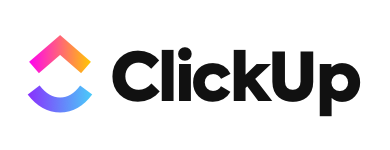How I Started A $110K/Month QA Testing Agency After Being Rejected By Uber
Hello! Who are you and what business did you start?
Hello, my name is Jay and I am the CEO of JDAQA, a quality assurance testing powerhouse. We’re a lean, scalable team of senior QA engineers and we work almost exclusively with startups.
I started out as a freelance QA engineer myself but began to delegate some of my tasks to external teammates I found through freelancing sites. Before I knew it, I had a solid team put together, and today our team has grown to about 20 people and our revenue has grown to $110K/month.

We specialize in partnering with startups that want to stay lean, agile, and fast - but also want to make sure their product doesn’t break as soon as customers start using it. We’re the scalable team that runs an assessment of their QA processes, revolutionizes it by designing manual and automated testing processes, and then implements the tests. We’re essentially a concierge QA service that can grow with your company.

Download the report and join our email newsletter packed with business ideas and money-making opportunities, backed by real-life case studies.

Download the report and join our email newsletter packed with business ideas and money-making opportunities, backed by real-life case studies.

Download the report and join our email newsletter packed with business ideas and money-making opportunities, backed by real-life case studies.

Download the report and join our email newsletter packed with business ideas and money-making opportunities, backed by real-life case studies.

Download the report and join our email newsletter packed with business ideas and money-making opportunities, backed by real-life case studies.

Download the report and join our email newsletter packed with business ideas and money-making opportunities, backed by real-life case studies.

Download the report and join our email newsletter packed with business ideas and money-making opportunities, backed by real-life case studies.

Download the report and join our email newsletter packed with business ideas and money-making opportunities, backed by real-life case studies.



















